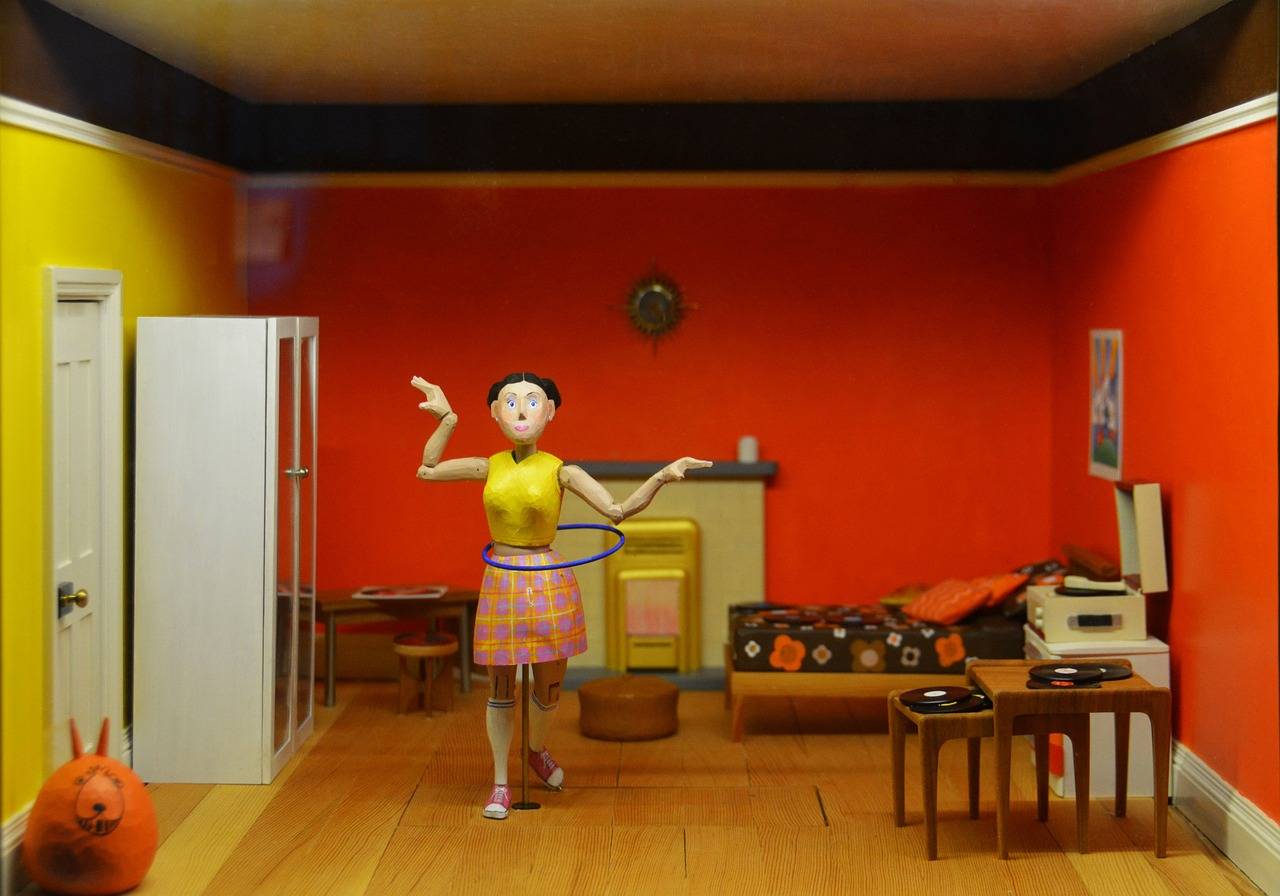The Impact of Editing on Film Awards and Recognition: www.world777, 11xplay.online, Bet book 247
www.world777, 11xplay.online, bet book 247: Editing is a crucial component of the filmmaking process that often goes unnoticed by the average movie-goer. However, it plays a significant role in shaping the final product that audiences see on the big screen. In fact, editing can make or break a film, influencing its overall impact and reception among critics and audiences alike.
The impact of editing on film awards and recognition cannot be overstated. A well-edited film can enhance the storytelling, pacing, and emotional impact of a movie, ultimately leading to critical acclaim and potential award nominations. On the other hand, poor editing can detract from the overall viewing experience, leaving audiences feeling disjointed or disconnected from the narrative.
Here are some ways in which editing can influence a film’s chances of receiving awards and recognition:
1. Crafting the Narrative: Editing plays a crucial role in shaping the narrative of a film. A skilled editor can help streamline the story, remove unnecessary scenes, and create a cohesive and engaging storyline that captivates audiences from start to finish.
2. Enhancing Emotional Impact: The pacing and timing of edits can greatly influence the emotional impact of a scene. Whether it’s a poignant moment between characters or a heart-pounding action sequence, editing can heighten the tension and drama, eliciting strong emotional responses from viewers.
3. Creating Visual Coherence: Editing helps ensure visual coherence throughout a film, maintaining continuity and flow between different shots and scenes. A well-edited film will have seamless transitions that keep audiences engaged and immersed in the story.
4. Establishing Mood and Tone: The editing process can also help establish the mood and tone of a film. By carefully selecting shots, creating montages, or using various editing techniques, editors can evoke specific emotions and set the overall tone of the movie.
5. Highlighting Performances: Editing can also play a significant role in highlighting the performances of actors. Through clever editing choices, editors can showcase the talent and nuances of the actors, bringing their characters to life in a way that resonates with audiences and critics alike.
6. Overall Cohesion: Ultimately, editing is about creating a cohesive and compelling final product. A well-edited film will have a sense of unity and purpose, with every scene and shot serving a specific function in advancing the story and engaging viewers.
In conclusion, the impact of editing on film awards and recognition is undeniable. A well-edited film can elevate the storytelling, emotional impact, and overall viewing experience, contributing to critical acclaim and potential award nominations. On the other hand, poor editing can detract from the film’s quality and diminish its chances of receiving recognition. Editors play a critical role in shaping the final product that audiences see on the big screen, and their contributions are essential to the success of a film.
FAQs
Q: How long does the editing process typically take for a film?
A: The editing process can vary depending on the complexity of the film, but it usually takes several weeks to several months to complete.
Q: What software do film editors use?
A: Film editors typically use professional editing software such as Adobe Premiere Pro, Avid Media Composer, or Final Cut Pro.
Q: Do film editors work closely with the director?
A: Yes, film editors often collaborate closely with the director to achieve the desired vision for the film and ensure that the editing enhances the storytelling.
Q: Can editing make or break a film?
A: Yes, editing can significantly impact the overall quality and reception of a film. A well-edited film can enhance the viewing experience, while poor editing can detract from the storytelling and emotional impact.







